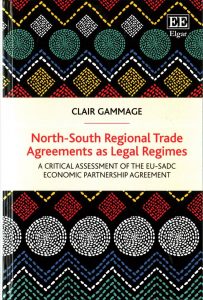by Professor Charlotte Villiers, University of Bristol Law School

The Retained EU Law (Revocation and Reform) Bill (“the Bill”) is likely to have the reverse effect to what it aims to achieve: economic growth and business certainty (Explanatory Notes to the Bill) through clarification/simplification of UK law post-Brexit. There is lack of clarity, requiring lawyers and business advisers to search through layers of material to establish which “retained laws” are being targeted, the Retained EU Law Dashboard is not easy to navigate and nor does its list of relevant legislative instruments correspond to other official publications such as that of the House of Commons Library Briefing Paper, Legislating for Brexit: Statutory Instruments Implementing EU Law. Moreover, the sunsetting deadlines for the targeted retained laws are likely to force the relevant departments to experience the dilemma of causing laws to expire without consulting the public fully, applying full Parliamentary scrutiny, or restating retained laws with inadequate resources to make such restatements sufficiently effective (Travers Smith: The Retained EU Law Bill: another Brexit cliff edge looms? October 2022). The resulting uncertainty that businesses will endure from this Bill and the regulatory gaps, at least in the short term, leave one wondering as to the value of the rush to legislate in this way. This blog focuses on the company law impacts as an example of the complexities and problems likely to arise, not just in the company law arena but in other important areas the development of which has been influenced significantly by European legislation, such as environment law. (more…)





